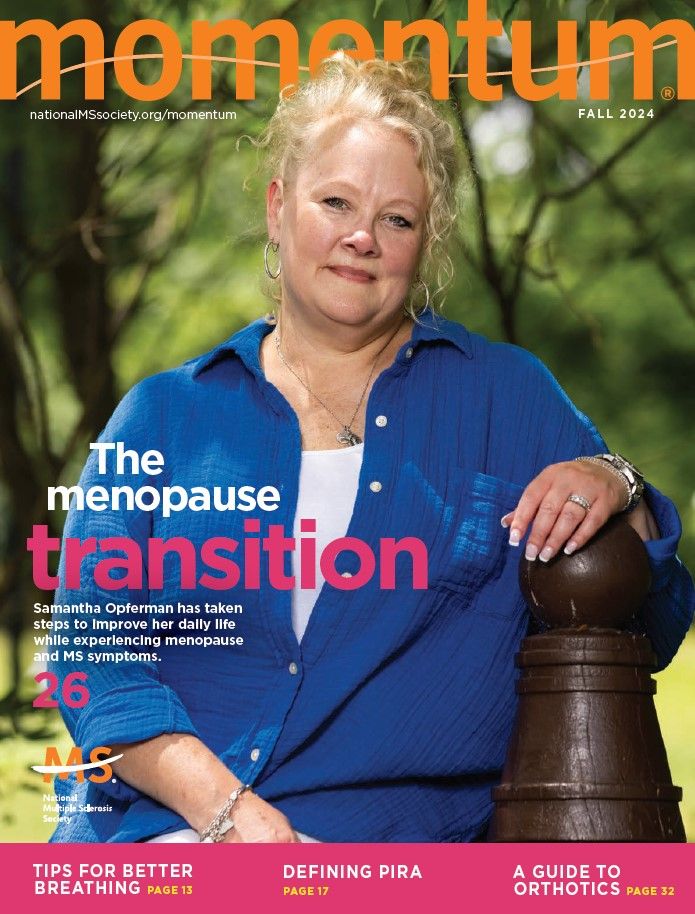Is It Safe to Take a DMT While Pregnant?

MS Disease and Pregnancy
MS Activity During and After Pregnancy

From the Lab to Doctors’ Offices
Recommendations on Pregnancy and MS from the American Academy of Neurology
- When choosing an MS therapy, keep in mind which must be discontinued before conception, the time it takes the drug to leave your system, agency guidelines and safety information from trials and registries.
- Discuss family planning early and frequently with your providers, since in some cases, you must stop using your DMT 6 months before conception and may require extra vaccine checks.
- Follow general guidelines regarding folic acid and prenatal supplements as well as recommendations about vitamin D and sleep for people with MS.
- Discontinue most DMTs as soon as you confirm you are pregnant, if not sooner.
- Make decisions with your healthcare providers.
- You can continue having MRIs if needed, but avoid contrast agents.
- MS should not affect delivery plans unless you have significant disability.
- The type of anesthesia you use depends on obstetric criteria only.
- Pay attention to signs of depression.
- Consult with your provider about resuming your DMT.
Care for Both Mother and Child
During fertile years, women with MS should regularly discuss whether they plan to get pregnant with the different members of their healthcare team, including their neurologist, OB-GYN and primary care physician, Bove recommends. In addition to making DMT decisions, it is important to have advance conversations about treatments for symptoms, vaccines and plans for delivery and breastfeeding.Along with doing baseline magnetic resonance imaging (MRI), comprehensive pregnancy planning should also include discussions between medical professionals and patients about issues such as genetic risks, smoking and social support needs.Around the seventh month of pregnancy, neurologists should start planning postpartum care with their patients, Bove suggests. Given the rate of MS relapses after delivery, the so-called fourth trimester of pregnancy is critical, she adds.Recommendations for after delivery include MRIs to check for new MS inflammation and screening for vitamin D and thyroid changes. Also, she says, women may need help with issues such as:
- Bladder and bowel control
- Difficulty walking or holding their babies
- Family relations
- Fatigue
- Lactation issues
- Postpartum depression and anxiety
- Work










